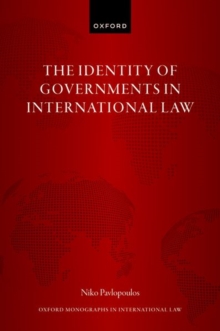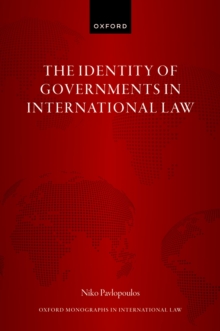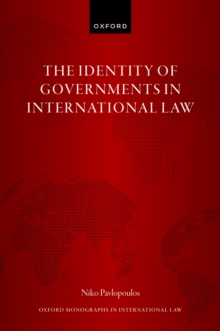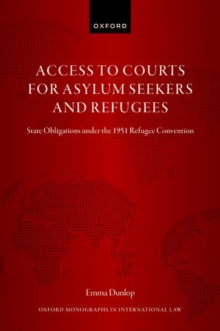
Gravity at the International Criminal Court : Admissibility and Prosecutorial Discretion PDF
by Priya Urs
Part of the Oxford Monographs in International Law series
Description
The gravity of a crime or case features in various international and national legal frameworks for the investigation and prosecution of international crimes.
At the International Criminal Court (ICC), 'sufficient gravity' is a requirement for the admissibility of a case specified in Article 17(1)(d) of the Rome Statute.
The open-textured nature of the provision leaves the manner of its application and, ultimately, its purpose in the context of the Prosecutor's decisions whether to investigate and prosecute, open to discussion. Set against the backdrop of ongoing debates on how to justify selective investigations and prosecutions at the Court, Gravity at the International Criminal Court: Admissibility and Prosecutorial Discretion addresses the question of how the gravity criterion is to be applied in the context of the Prosecutor's respective decisions whether to investigate and prosecute.
It argues that the purpose of the gravity criterion in this context is the allocation of investigative and prosecutorial resources. First, identifying appropriate indicators of gravity, the book contends that the application of Article 17(1)(d) requires a subjective assessment that involves the exercise of discretion.
Second, by clarifying the respective roles of the Prosecutor and the Pre-Trial Chambers of the Court in the assessment of gravity in different contexts, it argues in favour of wide prosecutorial discretion in the making of this assessment compared with the limited powers of judicial oversight conferred on the Pre-Trial Chamber. Timely and thorough, Gravity at the International Criminal Court proposes a more coherent and persuasive application of the criterion, contextualizing and comparing the ICC's approach in relation to other courts and bodies of law including international human rights law, international investment law, and international trade law.
Information
-
Download - Immediately Available
- Format:PDF
- Pages:240 pages
- Publisher:OUP Oxford
- Publication Date:03/01/2024
- Category:
- ISBN:9780198882961
Other Formats
- EPUB from £63.75
Information
-
Download - Immediately Available
- Format:PDF
- Pages:240 pages
- Publisher:OUP Oxford
- Publication Date:03/01/2024
- Category:
- ISBN:9780198882961










